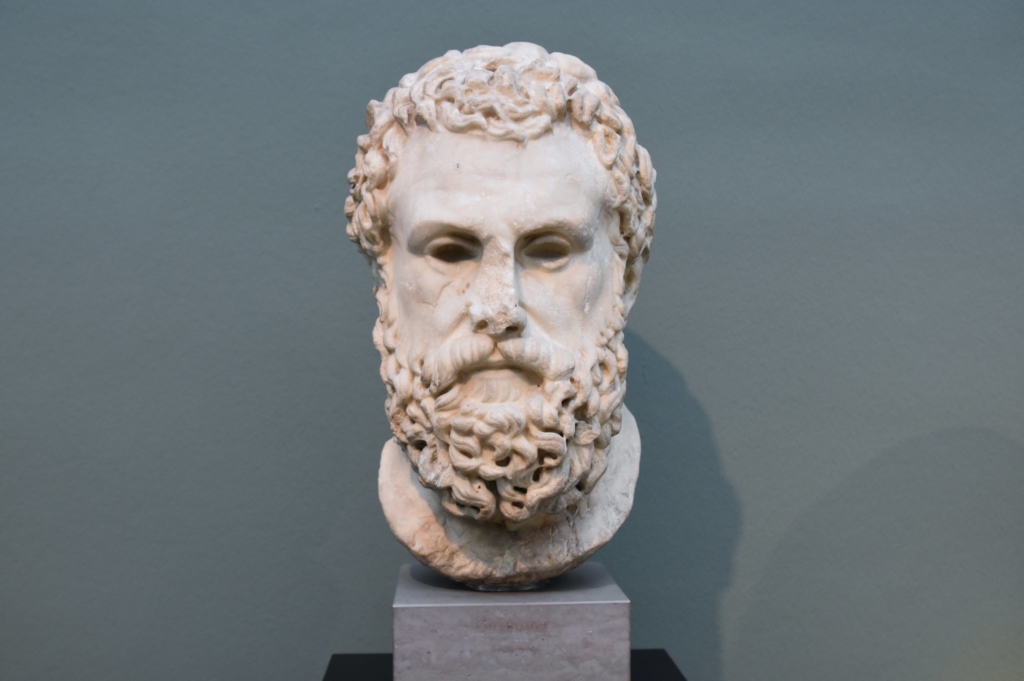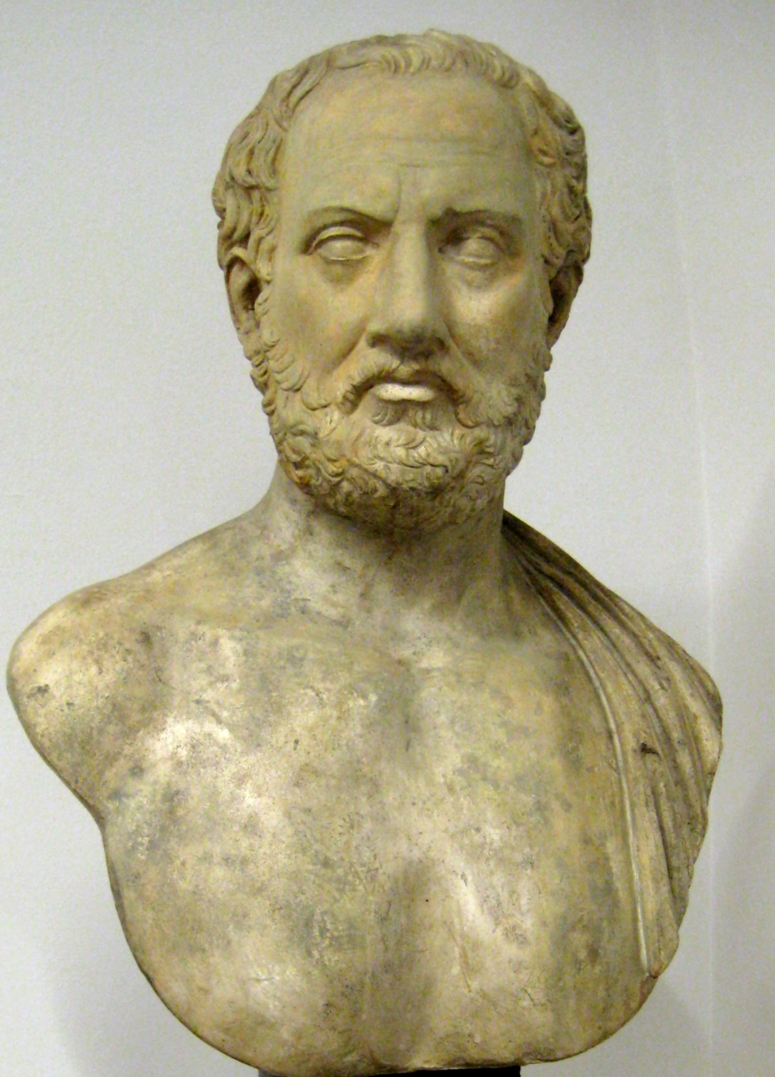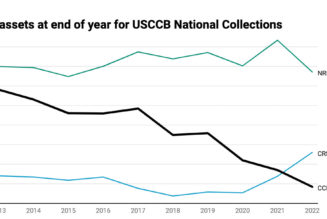Of all the authors we should compel our students to read, surely no one is so foolhardy as to demand a reason for reading Shakespeare.

I can forgive the one who asks,
Why should students read Aeschylus?

Or
Why do you force them to read Thucydides?

But this is only because these authors are ancient Greeks and therefore might appear (at first glance) to be so remote, so out-dated and outmoded that perhaps devouring time has blunted their relevance.
Of course, nothing could be further from the truth!
Thankfully, Shakespeare still appears to be among the authors with whose works a more than passing familiarity is still deemed a sine qua non for the one who dares to think himself educated.
Notice the phrase “passing familiarity.” I chose those words very carefully because that is an exact characterization of my own knowledge of Shakespeare. Embarrassing, but no matter how many times I read his plays, I am only able to tell you about the very one that I happen to be reading at the moment. Sadly this disqualifies me from the prestigious ranks of Shakespeare scholars- a group I admire beyond words.
Nonetheless, as I am currently reading The Tragedy of Macbeth, I can’t help thinking that reading Shakespeare is a fantastic way to introduce high school students to the subtleties of the moral act.
Take this for example. In Act I Scene VII, Lady Macbeth has managed to cajole and persuade Macbeth to “screw up his courage to the sticking-place” and resolve to kill his kinsman and his king, the unfortunate and doomed Duncan.
Macbeth says, betokening his interior resolution and interior purpose,
I am settled, and bend up each corporal agent to this terrible feat. Away and mock the time with fairest show: False face must hide what the false heart doth know.
Shakespeare teaches us with poignancy about the difference between the internal and the external; the inner act and the outer act. He teaches us that sin is first in the will as Saint Augustine taught in the fourth century.

Saint Thomas Aquinas quotes Augustine in his Summa,
Augustine says that “it is by the will that we sin, and that we behave aright.” Therefore moral good and evil are first in the will.
This is a profound teaching. It is not the external act that condemns us. It is not the outer sin that confounds us so much as the act of the will whereby we resolve to commit the outer sin. And this Lady Macbeth affirms in Act II. After having drugged Duncan’s guards, she fails to commit the murder herself,
Macbeth. [Within] Who’s there? what, ho!
Lady Macbeth. Alack, I am afraid they have awaked,
And ’tis not done. The attempt and not the deed
Confounds us. Hark! I laid their daggers ready;
He could not miss ’em. Had he not resembled
My father as he slept, I had done’t.
[Enter MACBETH]
My husband!
Frightened by every noise, Lady Macbeth gives evidence of a guilty conscience even though she had not the strength to carry out the ghastly deed outwardly that she had already committed inwardly. It doesn’t matter. She is a murderess.

The attempt and not the deed Confounds us.
It is the attempt, the intention, the will settled on evil that condemns us.
This is not to say that the outward act doesn’t matter. No, in fact, the external action adds and increases the evil – but seemingly only in degree, not in kind. Thus St. Thomas explains,
… every inclination or movement is perfected by attaining its end or reaching its term. Wherefore the will is not perfect, unless it be such that, given the opportunity, it realizes the operation. But if this prove impossible, as long as the will is perfect, so as to realize the operation if it could; the lack of perfection derived from the external action, is simply involuntary.
Shakespeare helps us to understand what our Lord is speaking about when he says in Matthew,
You have heard that it was said to them of old: Thou shalt not kill. And whosoever shall kill shall be in danger of the judgment. But I say to you, that whosoever is angry with his brother, shall be in danger of the judgment….You have heard that it was said to them of old: Thou shalt not commit adultery. But I say to you, that whosoever shall look on a woman to lust after her, hath already committed adultery with her in his heart.
If anything, Christ came not to overturn the law with regard to the exterior act, the outward man. Our external actions and behavior are important, and there were roughly two thousand years of Old Testament history to prove that.
But Our Lord appears to be even more interested in the interior man than the exterior man. He is interested more in what is on the inside than what is on the outside; Perhaps the external is really for the sake of the internal?
Could it be that Our Lord is really after our souls?









